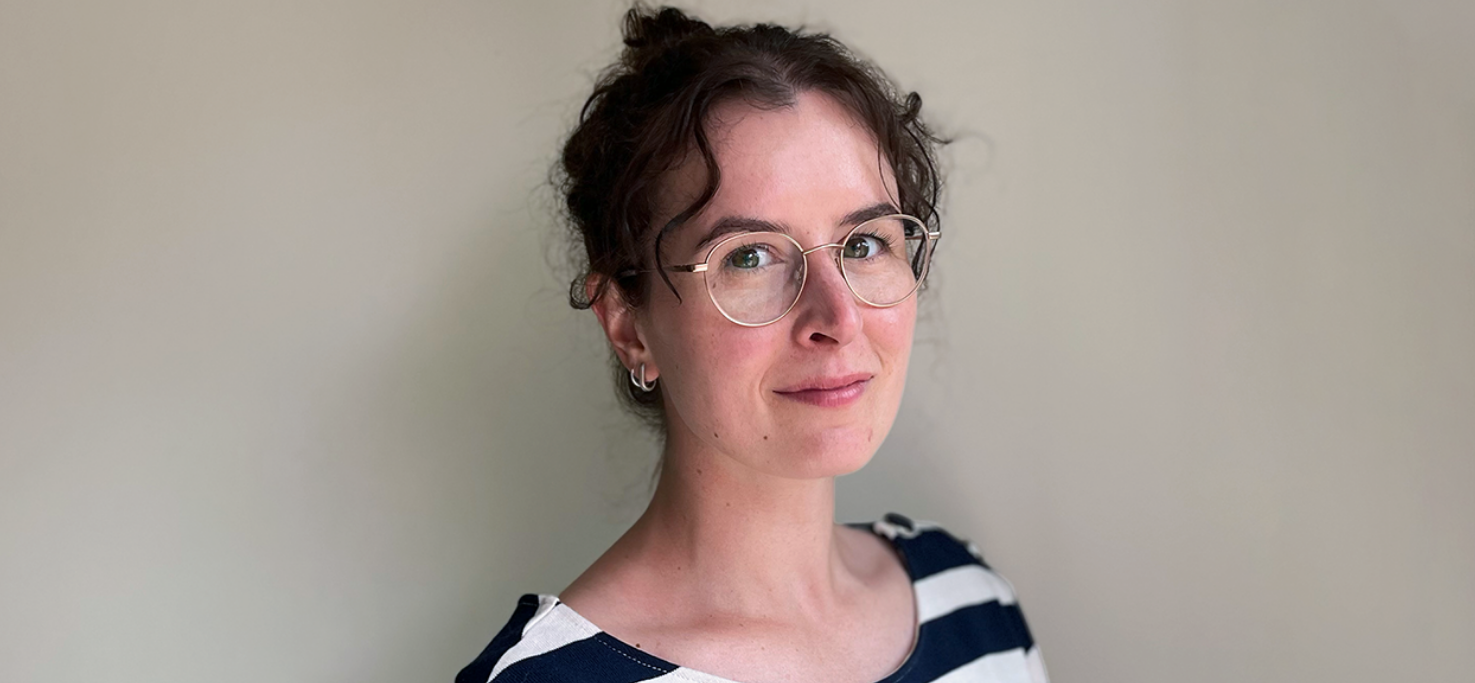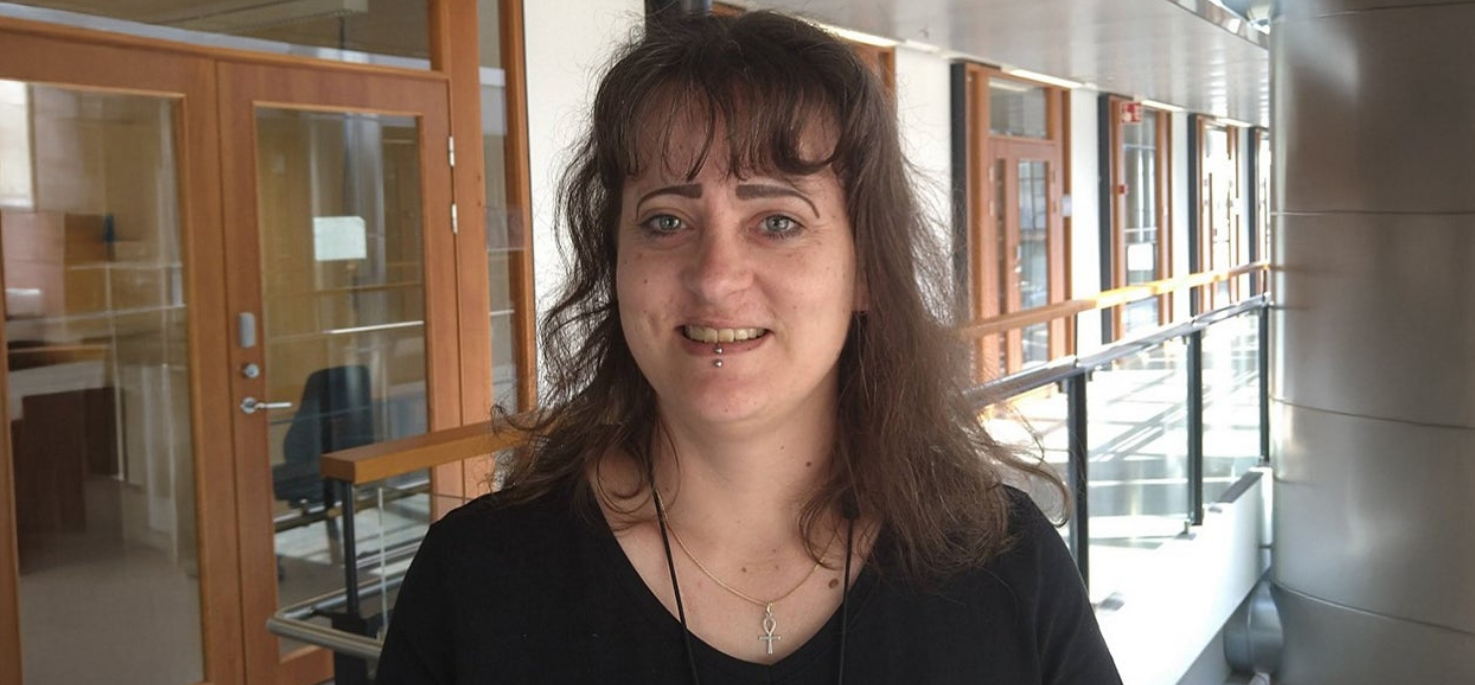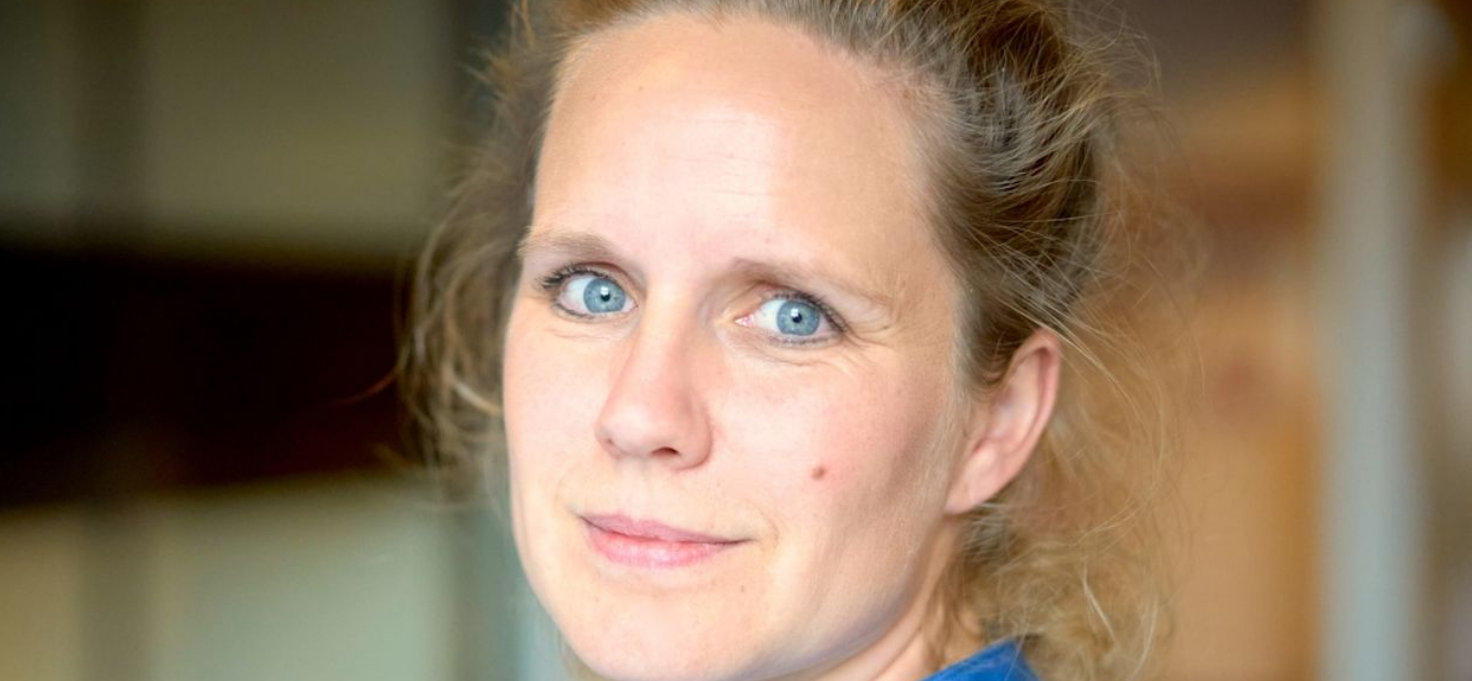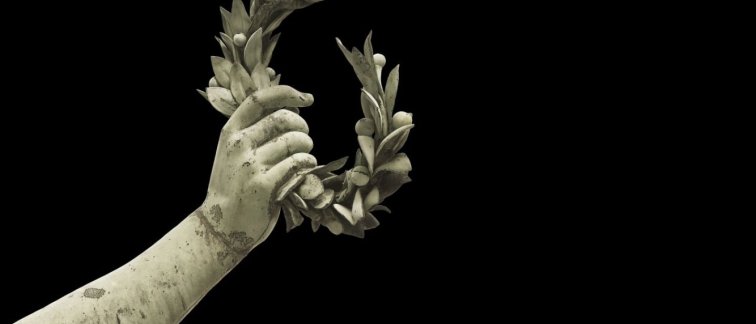The Dutch Research Council (NWO) has awarded Veni grants to 200 promising researchers from across all scientific disciplines, including three APH researchers. Each researcher is awarded a maximum of 320,000 euros which enables them to further develop their own research ideas over the next three years. Congratulations to the APH researchers on receiving this grant!
 Lianne Bakkum
Lianne Bakkum
 Fiona Hagenbeek
Fiona Hagenbeek
 Marieke van Wieringen
Marieke van Wieringen
Lianne Bakkum - Children of Parents with Intellectual Disabilities: Growing Up in Child Protective Care
Lianne Bakkum, APH researcher and developmental psychologist at Vrije Universiteit Amsterdam, receives a Veni grant for her research: Children of Parents with Intellectual Disabilities: Growing Up in Child Protective Care.
Children of parents with an intellectual disability enter the child protection system at younger ages, remain in the system for longer periods, and are more often removed from parental care than other children. Bakkum explores how families with and without parental intellectual disabilities navigate youth care and child protection services. Her findings will reveal how families progress from preventive support to more intensive interventions, such as out-of-home placement, and identify when the risk of out-of-home placement is highest.
Fiona Hagenbeek - Why do some children maintain externalising problems into young adulthood?
Fiona Hagenbeek, APH researcher and biological psychologist at Vrije Universiteit Amsterdam, receives a Veni grant for her research: Why do some children maintain externalising problems into young adulthood?
Externalising behaviours, such as aggression and hyperactivity, can have long-lasting negative effects on both individuals and society. Children who maintain externalising problems often also struggle with other mental health problems during their education or employment. Hagenbeek will explore how genetic factors and molecular changes contribute to these behaviours, especially as individuals transition into adulthood. By studying twins and their families over time, my project will uncover how biological pathways shape these behaviours and their outcomes, such as mental health and substance use problems, offering insights that could ultimately help improve early interventions and treatment strategies.
Marieke van Wieringen - Equitable knowledge-sharing in long-term care
Marieke van Wieringen, APH researcher and organizational scientist at Vrije Universiteit Amsterdam, receives a Veni for her research: Equitable knowledge-sharing in long-term care.
Verzorgenden Individuele Gezondheidszorg (VIG) are nurses that provide the majority of care in Dutch nursing homes, yet their knowledge is often undervalued by higher-status colleagues, such as registered nurses. With alarming shortages of VIG predicted in the near future, recognizing their expertise is essential to retain current members and attract new ones. Van Wieringen examines how and why the undervaluation of VIG is manifested in social systems, policies, and interactions between occupational groups in the workplace, but also studies how VIG experience and resist it. Additionally, she will provide practical insights to promote more equitable knowledge sharing in long-term care.
The NWO Talent Programme gives researchers the freedom to pursue their own research based on creativity and passion. They receive up to EUR 320,000. The programme encourages innovation and curiosity. Curiosity-driven research contributes to and prepares us for tomorrow's society. That is why NWO focuses on a diversity in terms of researchers, domains, and backgrounds. Together with the Vidi and Vici grants, Veni is part of the Talent Programme. Read more on the NWO website.
Source: VU

